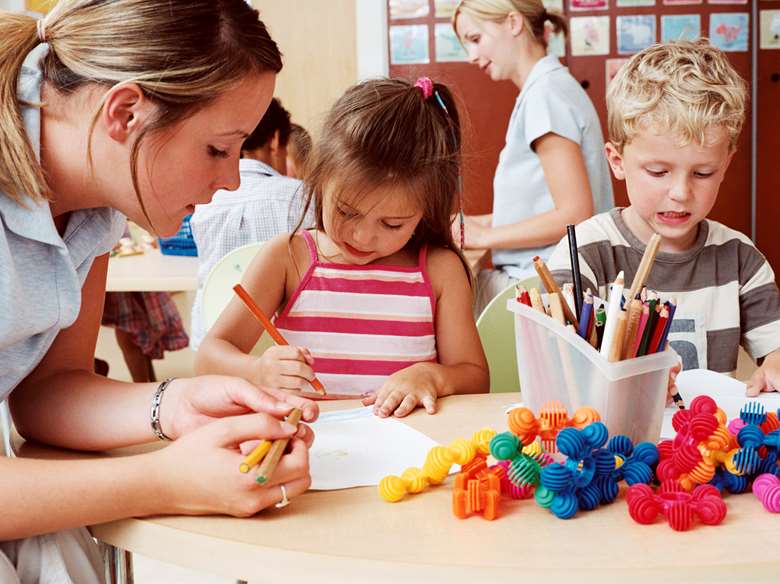Child protection given greater prominence in early years training
Joe Lepper
Friday, July 27, 2018
The government has strengthened child protection training for early years workers following feedback from the sector.

The move has been made following a consultation into new criteria for Level 2 early years practitioner qualifications, which will apply from September 2019.
The proposed safeguarding section of the criteria had asked for trainees to have an understanding of safeguarding policies and procedures, including child protection and online safety. But many of those who responded to the consultation wanted trainees to have a far more detailed knowledge of how to keep children safe.
The updated criteria specifies that Level 2 practitioners will be required to know the legal requirements and guidance on child protection, understand the different types of abuse and know their specific role and responsibilities in relation to protecting children.
"Additional content has been added to strengthen the safeguarding section," states the government's consultation response.
This includes "knowledge of the legal requirements and guidance on safeguarding, security, confidentiality of information and promoting the welfare of children" as well as about "types of abuse" and being able to explain their "own role and responsibilities in relation to safeguarding and security, including child protection, reporting and confidentiality of information".
The new Level 2 early years criteria is being introduced to meet concerns that some courses are not properly preparing trainees for the job.
"The introduction of more robust criteria for Level 2 early years qualifications will support early years providers to ensure that those they employ to work with babies and young children have the right skills and knowledge to do the job," the government's consultation response states.
Click links below for related CYP Now content:
Special Report: Intrafamilial Abuse
Government outlines new plans for local safeguarding arrangements
Other changes to the criteria include referring to Level 2 workers as "practitioners" not "assistants". Meanwhile, the importance of oral and dental hygiene have been added to the health and wellbeing sections.
Additionally, the communication section has been strengthened to include supporting children with delayed speech, where children may use simpler sentences, fewer words and struggle to understand the same instructions as their peers.
The importance of involving parents, carers and children in planning care for those with special educational needs has also been added.
The changes have been welcomed by Stella Ziolkowski, director for quality and training at the National Day Nurseries Association, who was among the 18-strong expert panel looking at the standards.
"These standards are now really relevant and up to date," she said.
"Following consultation with the sector, we know that these changes mean that Level 2 practitioners will have the skills and knowledge that employers need them to have.
"We have made sure these standards are realistic and fit for purpose. They really raise the bar for Level 2s and bring them much closer in knowledge and skills to Level 3 practitioners.
She added: "Once these new standards come in, it should raise the level of quality of the early education on offer in our nurseries."
Velda Bartholomew, training operations manager at the Pre-school Learning Alliance, also backed the changes.
"The development of robust and comprehensive Level 2 qualification criteria is vital to providing a solid basis on which early years practitioners can prepare for a career in early years, and so we welcome steps taken by government to strengthen the proposed criteria in several key areas, such as safeguarding, parental involvement and SEND support," she said.
She added: "Of course, this is only one part of building a high-quality early years workforce, and with the recent decision to scrap early years graduate proposals, it remains to be seen how much progress will be made on the implementation of the early years workforce strategy as a whole.
"Nevertheless, the development of this new qualification, which will provide learners with the skills and understanding they need to support the delivery of high-quality care and education in the early years sector, is a welcome and positive step."




